Florida's vibrant life comes with a price: scorching summers that test the limits of even the most resilient air conditioner. As the sunshine state gears up for another sweltering season, it's crucial to ensure your AC is in top shape. But how do you know if your trusty AC needs a little TLC before the heat arrives? Here are some warning signs that your AC might be on the brink and desperately needs a tune-up:
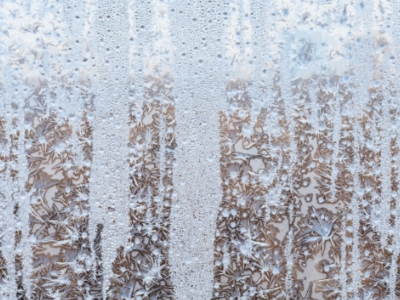 1. What Are You Experiencing? Feeling a blast of unexpected coolness? It might seem pleasant at first, but it's a sign your AC is overworking itself. This can happen due to clogged coils or a malfunctioning refrigerant system. A tune-up can identify these issues and prevent your AC from freezing up completely, leaving you in a hot mess.
1. What Are You Experiencing? Feeling a blast of unexpected coolness? It might seem pleasant at first, but it's a sign your AC is overworking itself. This can happen due to clogged coils or a malfunctioning refrigerant system. A tune-up can identify these issues and prevent your AC from freezing up completely, leaving you in a hot mess.
2. What Does It Feel Like? Is your AC running constantly, but the air coming out of the vents feels lukewarm instead of refreshingly cool? This indicates your AC is struggling to keep up. A tune-up can diagnose the culprit, whether it's dirty air filters, low refrigerant levels, or a malfunctioning compressor.
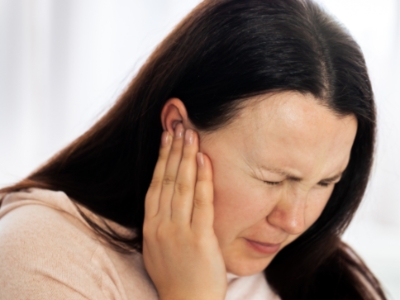 3. What Does It Sound Like? A well-maintained AC should produce a low hum. If yours is screeching, grinding, or rattling, it's a distress call! These unusual noises could indicate loose components, failing motors, or a refrigerant leak. A tune-up can identify the source of the racket and prevent minor problems from snowballing into expensive repairs.
3. What Does It Sound Like? A well-maintained AC should produce a low hum. If yours is screeching, grinding, or rattling, it's a distress call! These unusual noises could indicate loose components, failing motors, or a refrigerant leak. A tune-up can identify the source of the racket and prevent minor problems from snowballing into expensive repairs.
4. Are There Unpleasant Odors? Nobody enjoys musty or unpleasant odors wafting from their vents. This could be a sign of mold growth or mildew within the AC unit, which can trigger allergies and respiratory problems. A tune-up includes cleaning the system and identifying potential moisture problems that could be breeding grounds for these unwelcome guests.
 5. Are Your Bills On The Rise? Has your energy bill taken a mysterious jump? An inefficient AC system has to work harder to cool your home, leading to increased energy consumption and higher electricity bills. A tune-up can optimize your AC's performance, reducing energy usage and keeping your wallet happy.
5. Are Your Bills On The Rise? Has your energy bill taken a mysterious jump? An inefficient AC system has to work harder to cool your home, leading to increased energy consumption and higher electricity bills. A tune-up can optimize your AC's performance, reducing energy usage and keeping your wallet happy.
Don't wait for a complete breakdown to address these warning signs! Schedule your Elite AC Tune-Up today. It's a small investment that can ensure a cool, comfortable, and cost-effective summer for you and your family. Remember, a little preventative maintenance goes a long way in keeping your AC happy and your Florida home a haven from the heat.
Distribution Links +
- augusta.newsnetmedia.com
- austin.newsnetmedia.com
- boise.newsnetmedia.com
- buffalo.newsnetmedia.com
- columbia.newsnetmedia.com
- columbus.newsnetmedia.com
- detroit.newsnetmedia.com
- fresno.newsnetmedia.com
- jacksonville.newsnetmedia.com
- losangeles.newsnetmedia.com
- minneapolis.newsnetmedia.com
- monterey.newsnetmedia.com
- myrtlebeach.newsnetmedia.com
- nashville.newsnetmedia.com
- norfolk.newsnetmedia.com
- odessa.newsnetmedia.com
- pittsburgh.newsnetmedia.com
- portland.newsnetmedia.com
- quincy.newsnetmedia.com
- sacramento.newsnetmedia.com
- saltlakecity.newsnetmedia.com
- sanantonio.newsnetmedia.com
- santabarbara.newsnetmedia.com
- siouxfalls.newsnetmedia.com
- waco.newsnetmedia.com
- sports.newsnetmedia.com
- lifestyle.roanokenewstalk.com
- lifestyle.995jamz.com
- https://pr.chestercounty.com
- https://pr.wncbusiness.com
- https://pr.ashlandtownnews.com
- https://pr.franklintownnews.com
- https://pr.hollistontownnews.com
- https://pr.hopedaletownnews.com
- https://pr.naticktownnews.com
- https://pr.millismedwaynews.com
- https://pr.norfolkwrenthamnews.com
- https://pr.norwoodtownnews.com
- https://pr.omahamagazine.com
- https://pr.greenvillebusinessmag.com
- https://pr.davisjournal.com
- https://pr.columbiabusinessmonthly.com
- https://pr.mysugarhousejournal.com
- https://pr.herrimanjournal.com
- https://pr.holladayjournal.com
- https://pr.murrayjournal.com
- https://pr.millcreekjournal.com
- https://pr.midvalejournal.com
- https://pr.draperjournal.com
- https://pr.taylorsvillecityjournal.com
- https://pr.westjordanjournal.com
- https://pr.sandyjournal.com
- https://pr.southjordanjournal.com
- https://pr.valleyjournals.com
- https://pr.wvcjournal.com
- https://pr.cottonwoodheightsjournal.com
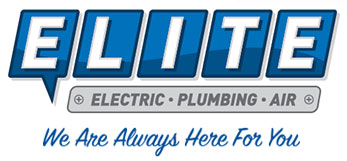

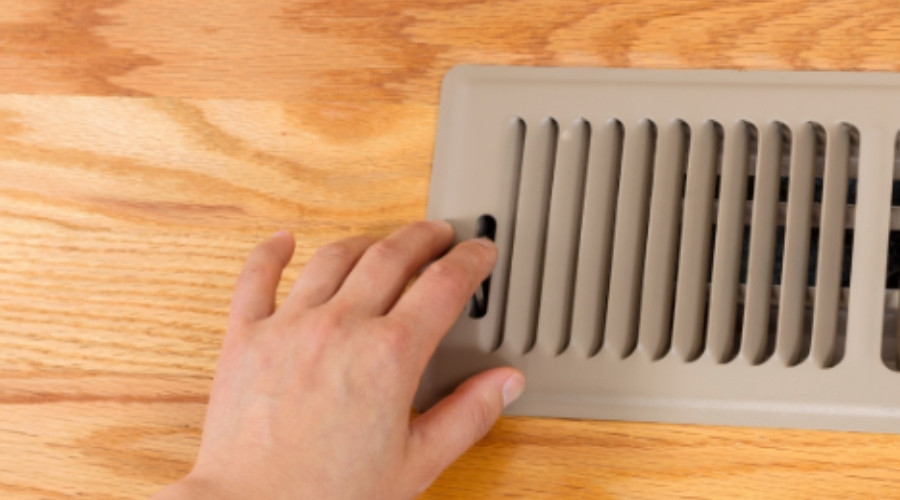
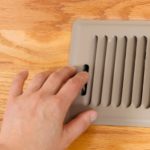

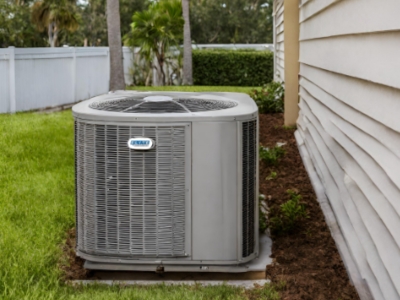 Over time, your AC accumulates dust and grime, making it work harder to cool your home. A
Over time, your AC accumulates dust and grime, making it work harder to cool your home. A 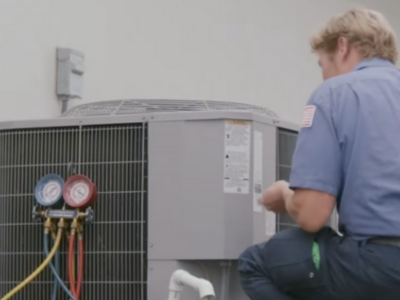 Just like any machine, your AC can develop minor issues over time. A tune-up allows a technician to identify these problems before they become major failures. Fixing a small problem early on is significantly cheaper than dealing with a catastrophic breakdown in the middle of summer.
Just like any machine, your AC can develop minor issues over time. A tune-up allows a technician to identify these problems before they become major failures. Fixing a small problem early on is significantly cheaper than dealing with a catastrophic breakdown in the middle of summer.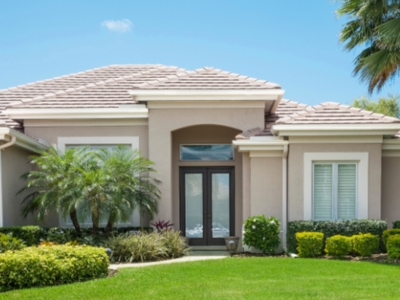 Knowing your AC is in top shape provides peace of mind, especially during Florida's sweltering summers. You won't have to worry about sudden breakdowns or the discomfort of a malfunctioning system.
Knowing your AC is in top shape provides peace of mind, especially during Florida's sweltering summers. You won't have to worry about sudden breakdowns or the discomfort of a malfunctioning system.

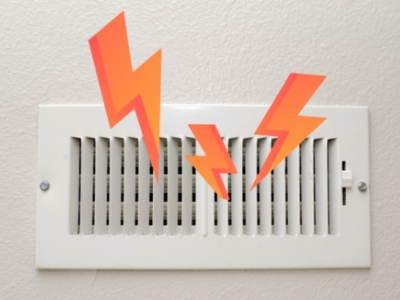 Let's face it, a constantly running, inefficient AC can be a real drag. The constant noise can disrupt your peace and quiet, and the struggle to maintain a comfortable temperature can leave you feeling frustrated. A
Let's face it, a constantly running, inefficient AC can be a real drag. The constant noise can disrupt your peace and quiet, and the struggle to maintain a comfortable temperature can leave you feeling frustrated. A 

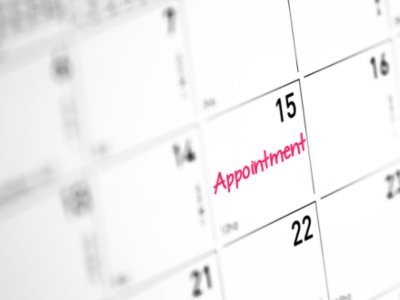 Florida summers are notoriously brutal, and everyone scrambles for AC repairs and replacements when the heat cranks up. By getting ahead of the curve and tackling this project in 2024, you'll avoid the long wait times and frantic rush for technicians come summer. Plus, you'll enjoy a cool and comfortable spring season instead of sweating it out while waiting for repairs.
Florida summers are notoriously brutal, and everyone scrambles for AC repairs and replacements when the heat cranks up. By getting ahead of the curve and tackling this project in 2024, you'll avoid the long wait times and frantic rush for technicians come summer. Plus, you'll enjoy a cool and comfortable spring season instead of sweating it out while waiting for repairs.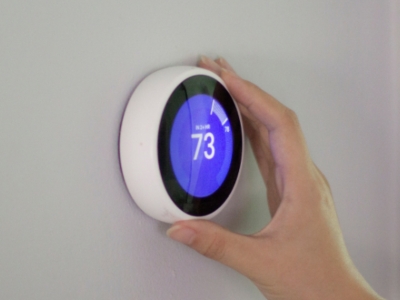 Technology is constantly evolving, and AC systems are no exception. Newer models boast improved
Technology is constantly evolving, and AC systems are no exception. Newer models boast improved  The government often offers tax credits or rebates to incentivize homeowners to upgrade to energy-efficient appliances. In 2024, these incentives could be especially valuable, helping you offset the upfront cost of your new AC system. A quick online search or call to your local utility company can help you determine if any rebates or tax breaks are currently available on the Treasure Coast.
The government often offers tax credits or rebates to incentivize homeowners to upgrade to energy-efficient appliances. In 2024, these incentives could be especially valuable, helping you offset the upfront cost of your new AC system. A quick online search or call to your local utility company can help you determine if any rebates or tax breaks are currently available on the Treasure Coast.

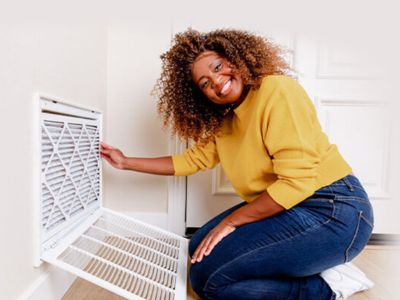 The first thing homeowners need to do to ensure they improve
The first thing homeowners need to do to ensure they improve 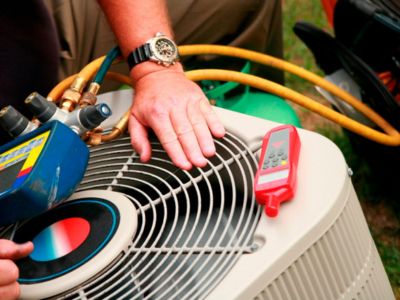 Not only can
Not only can 

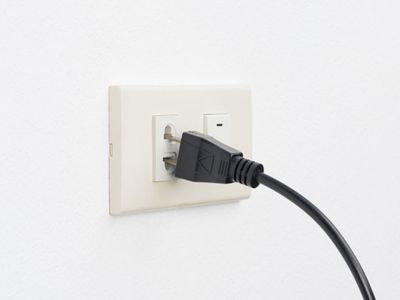 If homeowners have had
If homeowners have had  It might seem like common sense, but it is worth noting that if sparks are coming from the electrical outlet when it is in use or when something is first plugged in, that is not a good thing. Likewise, outlets that get hot to the touch or plugs that feel hot when unplugged are also signs of issues.
It might seem like common sense, but it is worth noting that if sparks are coming from the electrical outlet when it is in use or when something is first plugged in, that is not a good thing. Likewise, outlets that get hot to the touch or plugs that feel hot when unplugged are also signs of issues. 

 There are many benefits to having a smart thermostat installed. One of the most significant benefits is the increased
There are many benefits to having a smart thermostat installed. One of the most significant benefits is the increased 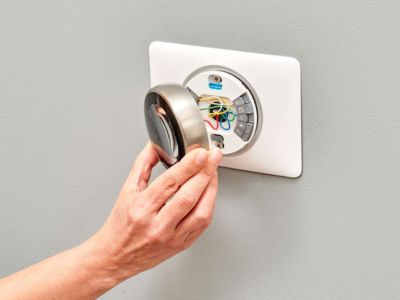 A smart thermostat installation can be done when it’s time for a thermostat replacement.
A smart thermostat installation can be done when it’s time for a thermostat replacement. 


 Traditional tank water heaters, though, have stood the test of time. They store and preheat water, ensuring a steady supply. While they may be less energy-efficient due to standby heat loss, they're reliable and often more budget-friendly upfront.
Traditional tank water heaters, though, have stood the test of time. They store and preheat water, ensuring a steady supply. While they may be less energy-efficient due to standby heat loss, they're reliable and often more budget-friendly upfront.
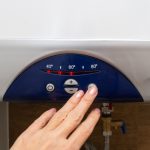
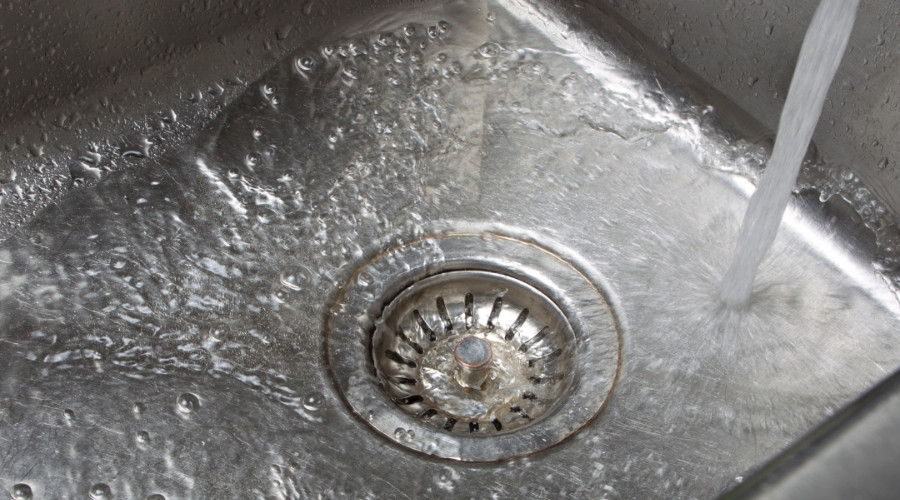
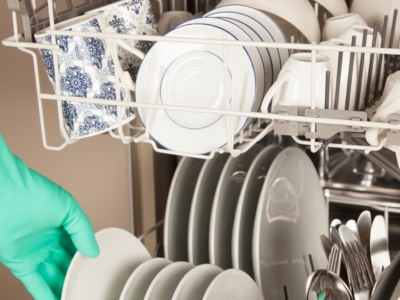
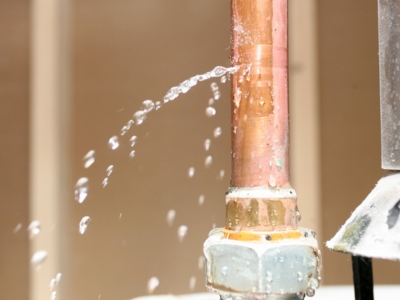 A dripping faucet may seem harmless, but those drops can add up to a considerable amount of wasted hot water over time.
A dripping faucet may seem harmless, but those drops can add up to a considerable amount of wasted hot water over time. 
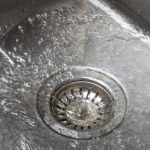

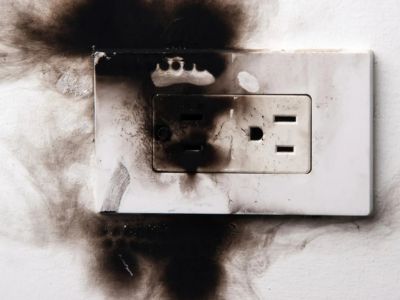 A
A  Power strips do not always have built-in surge protection; when they do, they only protect the devices plugged into them. On the other hand,
Power strips do not always have built-in surge protection; when they do, they only protect the devices plugged into them. On the other hand, 







